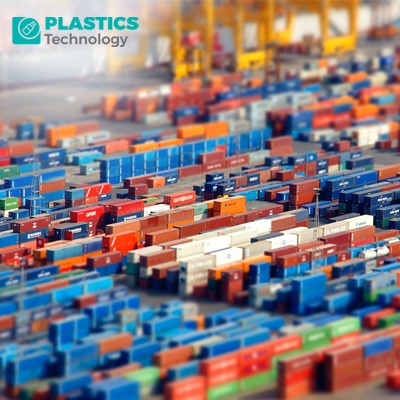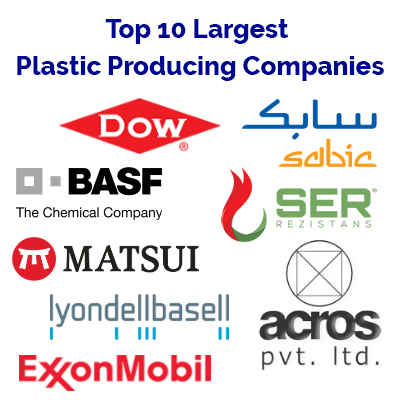Global Supply Chain Challenges in the Plastics Industry

Introduction
The plastics industry is a cornerstone of modern manufacturing, integral to a wide array of products and applications. From packaging and automotive parts to electronics and medical devices, plastics are everywhere. However, the global supply chain that supports this industry faces numerous challenges. These challenges can disrupt production, increase costs, and ultimately impact the availability of plastic products. In this article, we will explore the key supply chain challenges in the plastics industry and discuss potential solutions to mitigate these issues.
Raw Material Shortages
One of the most pressing challenges in the plastics industry is the shortage of raw materials. Plastics are primarily derived from petrochemicals, which are extracted from crude oil and natural gas. Fluctuations in the availability and price of these raw materials can have a significant impact on the plastics supply chain. Factors contributing to raw material shortages include:
- Geopolitical Tensions: Conflicts and political instability in key oil-producing regions can disrupt the supply of petrochemicals.
- Natural Disasters: Events such as hurricanes, earthquakes, and floods can damage infrastructure and halt production at petrochemical plants.
- Economic Factors: Global economic downturns can reduce investment in oil and gas exploration, leading to a decrease in supply.
To address raw material shortages, companies in the plastics industry can diversify their supplier base, invest in alternative materials, and develop more efficient recycling processes to reduce reliance on virgin materials.
Transportation and Logistics Issues
Efficient transportation and logistics are crucial for the timely delivery of raw materials and finished products. However, the plastics industry faces several transportation and logistics challenges:
- Container Shortages: The COVID-19 pandemic has led to a global container shortage, causing delays and increased shipping costs.
- Port Congestion: Major ports around the world are experiencing congestion, leading to long waiting times for ships and delays in the delivery of goods.
- Labor Shortages: There is a global shortage of truck drivers and other logistics personnel, exacerbating delays and increasing transportation costs.
To mitigate transportation and logistics issues, companies can explore alternative shipping routes, invest in advanced logistics technologies, and collaborate with logistics partners to improve efficiency.
Regulatory and Environmental Challenges
The plastics industry is subject to stringent regulatory and environmental standards, which can pose challenges to the supply chain:
- Regulatory Compliance: Different countries have varying regulations regarding the production, use, and disposal of plastics. Navigating these regulations can be complex and time-consuming.
- Environmental Concerns: Growing awareness of the environmental impact of plastics has led to increased pressure to develop sustainable alternatives and reduce plastic waste. This can require significant investment in research and development.
Companies can address regulatory and environmental challenges by staying informed about regulatory changes, investing in sustainable materials and processes, and adopting best practices for environmental stewardship.
Trade Policies and Tariffs
Trade policies and tariffs can have a profound impact on the global supply chain of the plastics industry. Protectionist measures, such as tariffs and import restrictions, can disrupt the flow of goods and increase costs. Key factors include:
- Trade Wars: Ongoing trade disputes between major economies can lead to the imposition of tariffs on plastics and related products.
- Regulatory Barriers: Different countries may impose non-tariff barriers, such as stringent testing and certification requirements, which can hinder trade.
To navigate trade policies and tariffs, companies can develop robust risk management strategies, diversify their markets, and advocate for fair trade practices through industry associations.
Technological Advancements and Innovation
While technological advancements can drive efficiency and innovation in the plastics industry, they also present challenges:
- Investment Costs: Implementing new technologies, such as automation and advanced manufacturing processes, requires significant capital investment.
- Skilled Workforce: There is a growing demand for skilled workers who can operate and maintain advanced manufacturing equipment. This requires investment in training and education.
- Cybersecurity: As the industry becomes more digitalized, the risk of cyberattacks increases. Companies must invest in robust cybersecurity measures to protect their operations.
By embracing technological advancements and investing in workforce development, companies can improve their competitiveness and resilience in the face of supply chain challenges.
Conclusion:
The global supply chain of the plastics industry is complex and faces numerous challenges, including raw material shortages, transportation and logistics issues, regulatory and environmental pressures, trade policies, and technological advancements. To overcome these challenges, companies must adopt proactive strategies, such as diversifying suppliers, investing in sustainable practices, and embracing technological innovation. By doing so, they can ensure a resilient and efficient supply chain, capable of meeting the demands of a rapidly evolving market.



